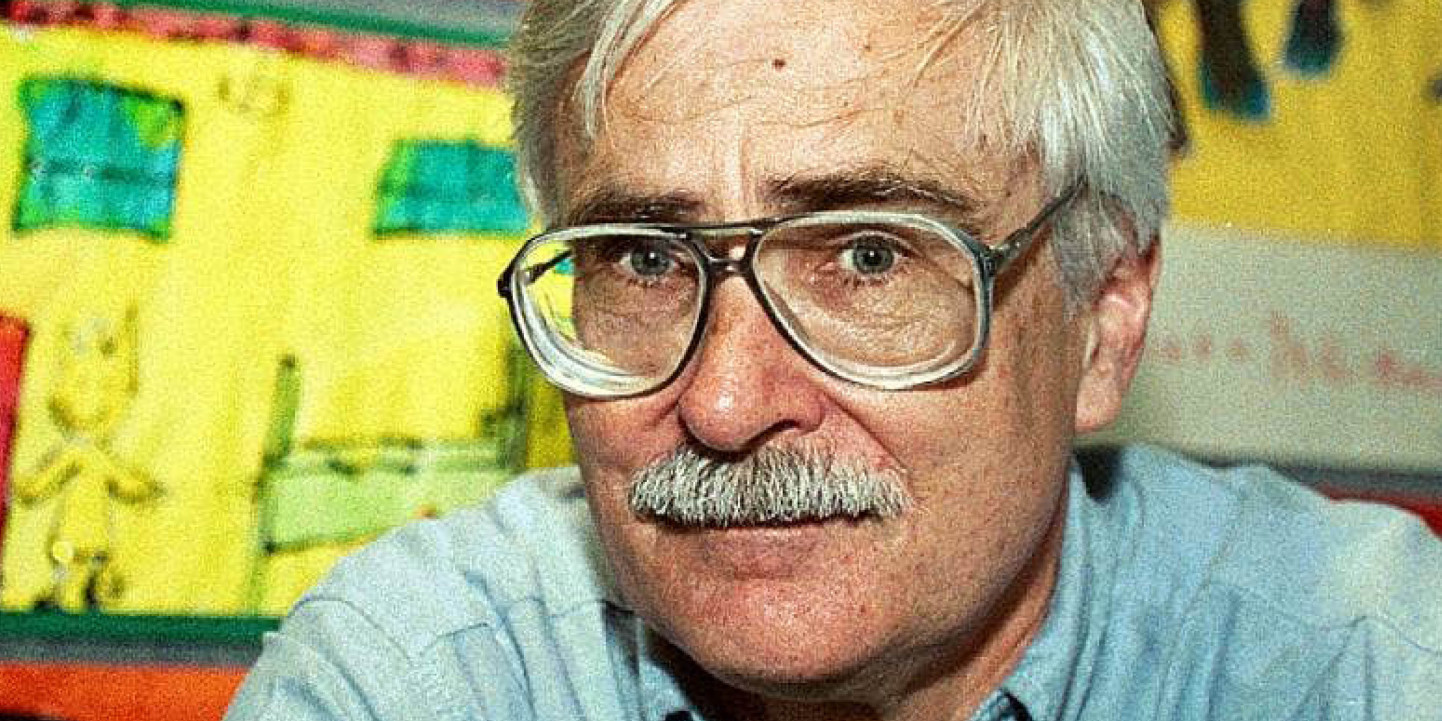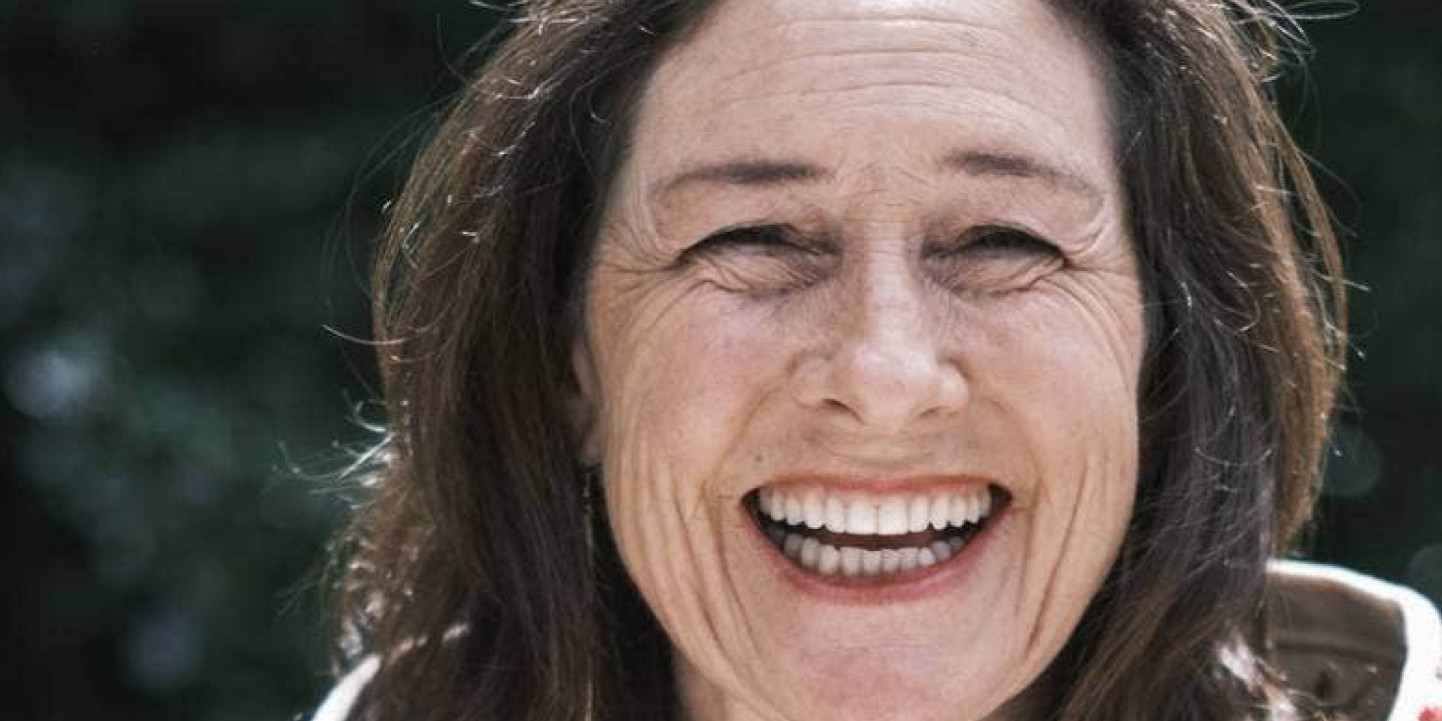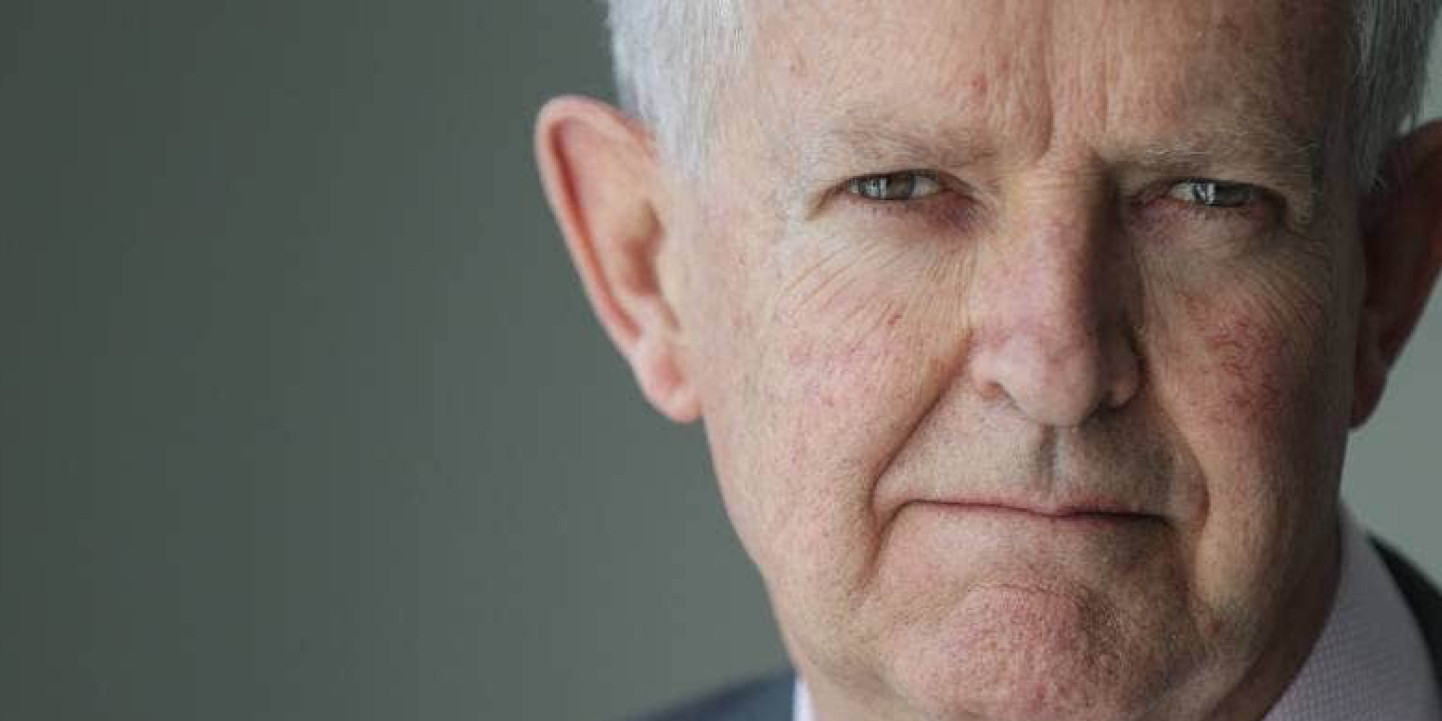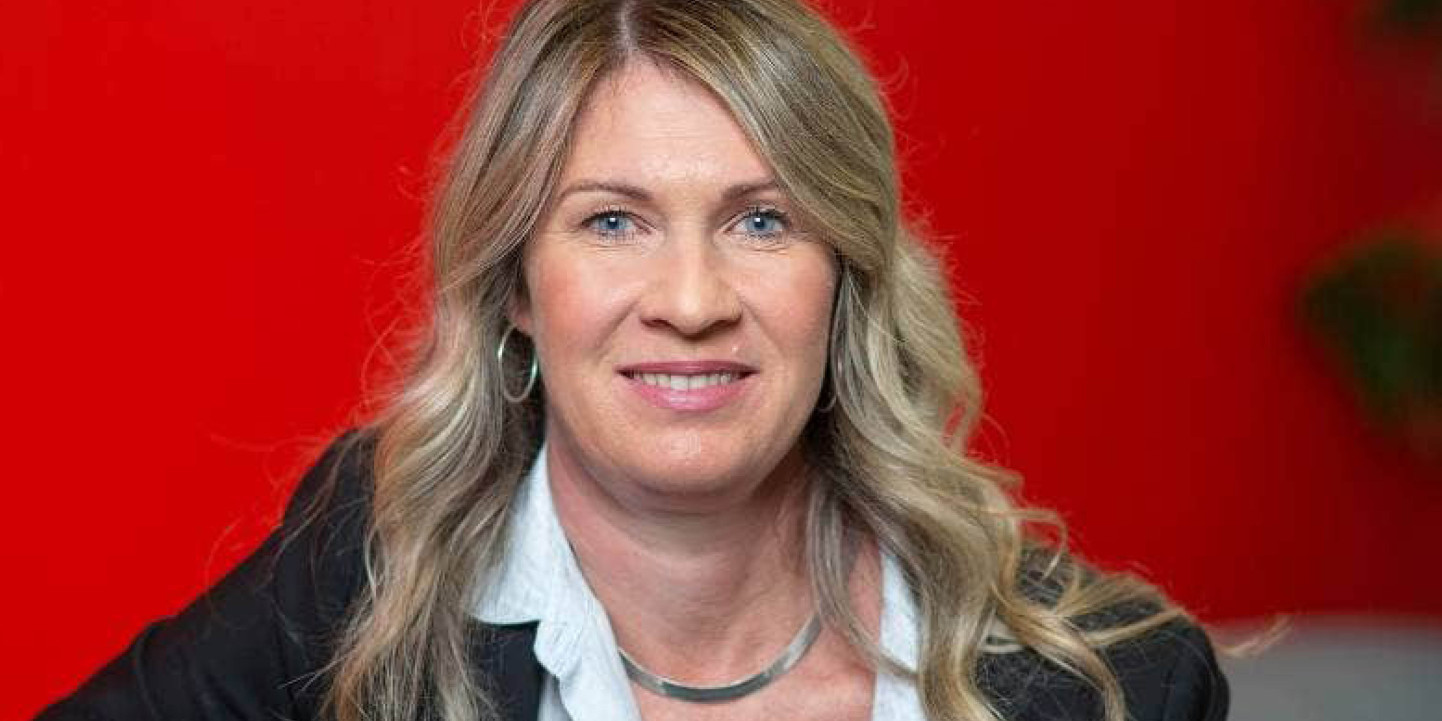Batman, Superman, Wonder Woman, children’s commissioner. As my choice of superhero, the children’s commissioner wins every time.
While the others may fight frightening villains in an imaginary world of good and evil, the children’s commissioner is a real superhero championing our children’s rights for more than 30 years.
Since 1989, eight commissioners have taken office, each monitoring, reporting, influencing and acting on issues facing tamariki and young people. From our first, Dr Sir Ian Hassall, through to today’s Judge Frances Eivers, every commissioner has worked to promote children as citizens in their own right, urging New Zealand to do better in the ways we regard and treat our children.
And in those three decades, there have been big wins. The repeal of Section 59 of the Crimes Act in 2007, campaigned on by successive commissioners Roger McClay and Dr Cindy Kiro, ended allowable violence against children by prohibiting physical punishment of them for any reason.
Or casting a spotlight on child poverty. During his term, Dr Russell Wills (2011-16) helped establish the Child Poverty Monitor, a collaboration with Otago University and the JR McKenzie Trust, which provides an annual insight into rates of poverty experienced by children, and what it means to their daily lives.
Or the more recent inquiry into the uplift of newborn babies by Oranga Tamariki, led by Judge Andrew Becroft, shedding light on the brutal realities of the state taking a baby soon after birth.
But behind the headlines and the big wins are the countless hours of researching, negotiating, monitoring, and campaigning that it takes to champion a too-often-marginalised group in society – our children.
Part of the success of the role over the years is the strength of the commissioner’s voice and status. Many have been outspoken, while their power to report directly to the prime minister, with or without invitation, on critical children’s issues, gives weight to their voice.
Sadly, for too many children, abuse, discrimination, poverty, exclusion and violence are part of their daily lives. Many encounter significant problems when it comes to accessing support or justice, and have limited choices of where to turn for help. This is where having a designated champion to share their voice and uphold their rights at the highest level is vital.
The proposed Oversight of Oranga Tamariki System and Children and Young People’s Commission Bill, currently before a select committee, removes the named role of children’s commissioner and the commissioner’s authority to report with or without invitation directly to the prime minister on behalf of children. Instead, a new Children and Young People’s Commission is to be established, run by a board of between three and six members. The bill also removes the investigation powers the current commissioner has over Oranga Tamariki, with a new entity established to take over monitoring.
The argument for the bill is that, through the new commission, advocacy will be strengthened. A sole commissioner is not able to be across the complex and varied issues children are facing in New Zealand. But isn’t that like saying a sole prime minister can’t lead our country due to the complexity of the issues we face?
The history of our children’s commissioners shows they have consistently been able to tackle serious and complex issues for children, contributing to systemic and lasting change.
Further, despite the proposed bill’s impact on them, tamariki and young people have not been consulted. The United Nations Convention on the Rights of the Child clearly accords children the right to a voice on issues important to them, and to be heard. Their views need to be represented in shaping a Children and Young People’s Commission to support children now and into the future.
That’s why Save The Children has launched a call to Save the Children’s Commissioner. Our online petition, launched earlier this month, already has the signatures of thousands of Kiwis, supporting the call to retain the role of a named commissioner with a designated term of office. We also ask that the bill retains the authority of the commissioner to report directly to the prime minister with or without invitation, and that children are consulted before the bill progresses.
If we are serious about making New Zealand the best place in the world to be a child, we must retain this vital champion for our children. Not all superheroes wear capes.
Source: Stuff





